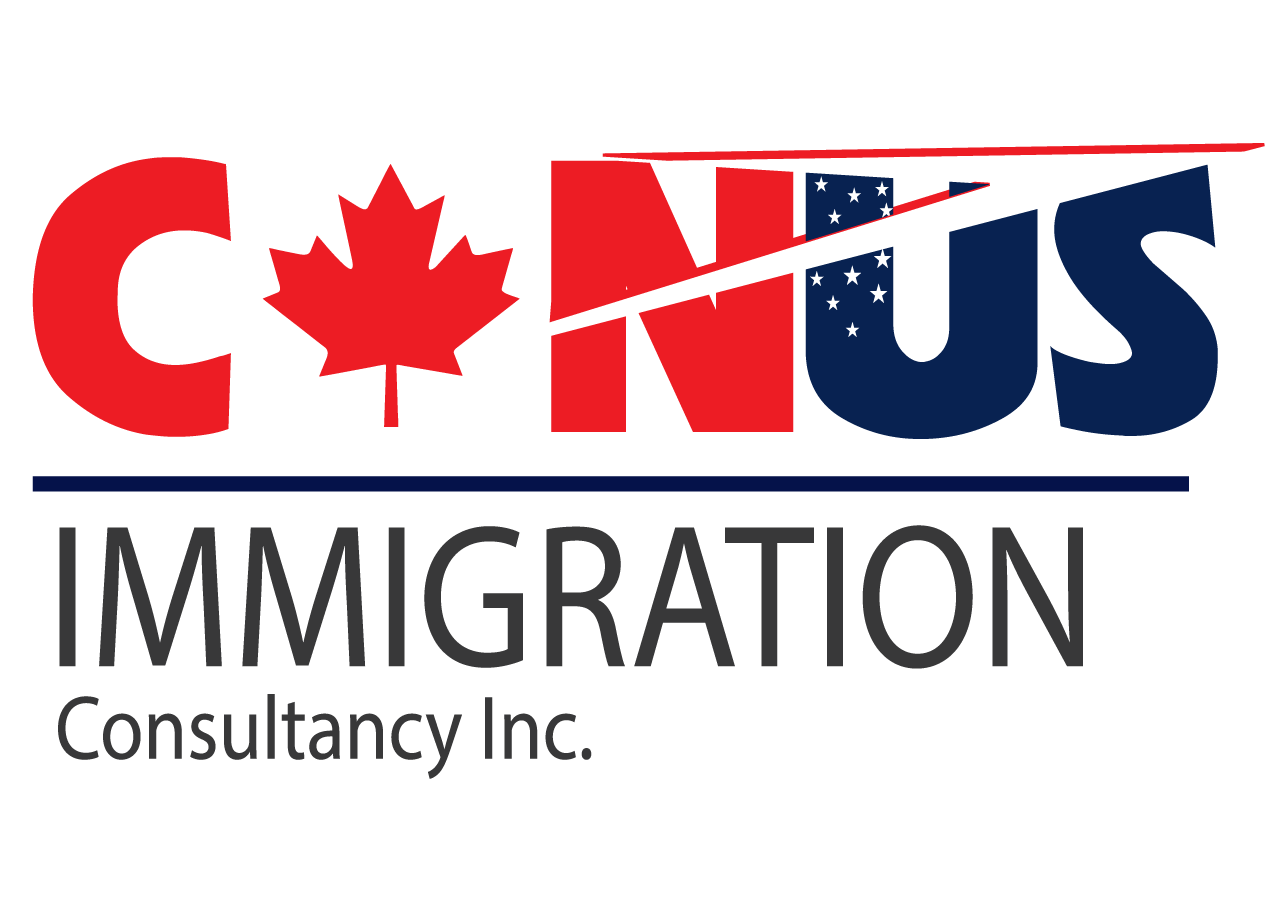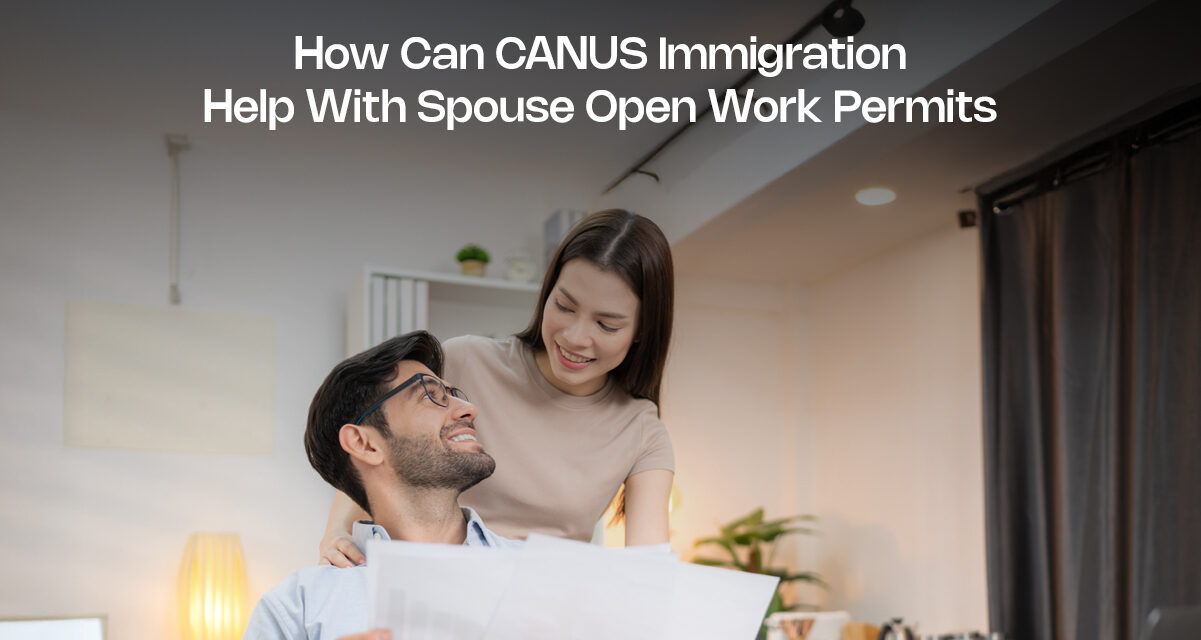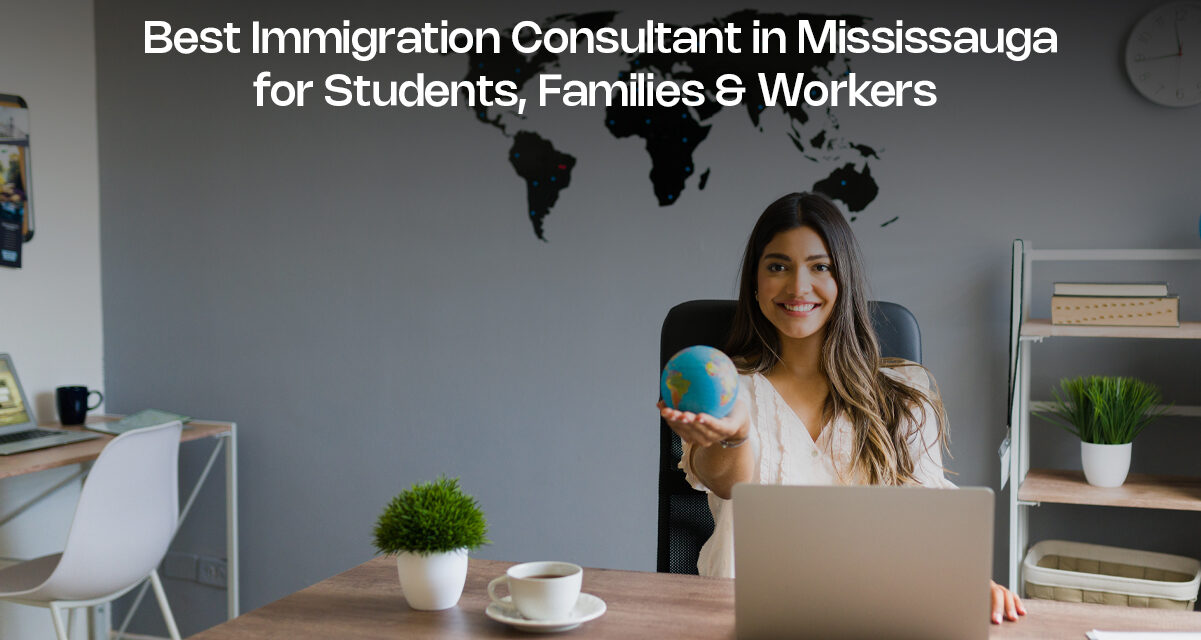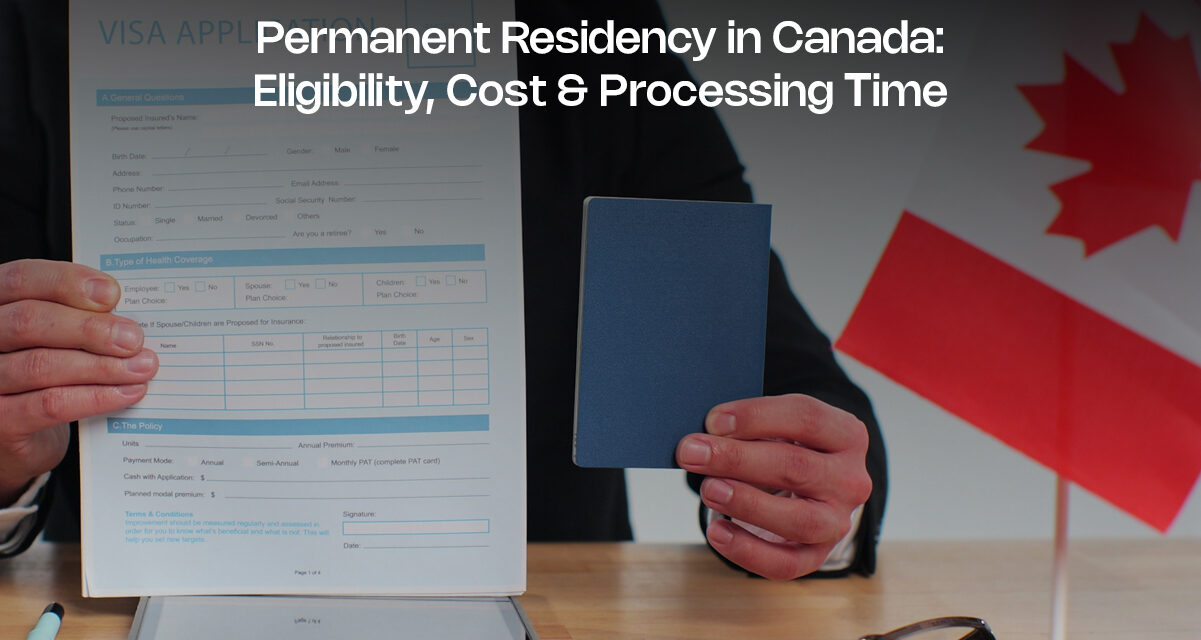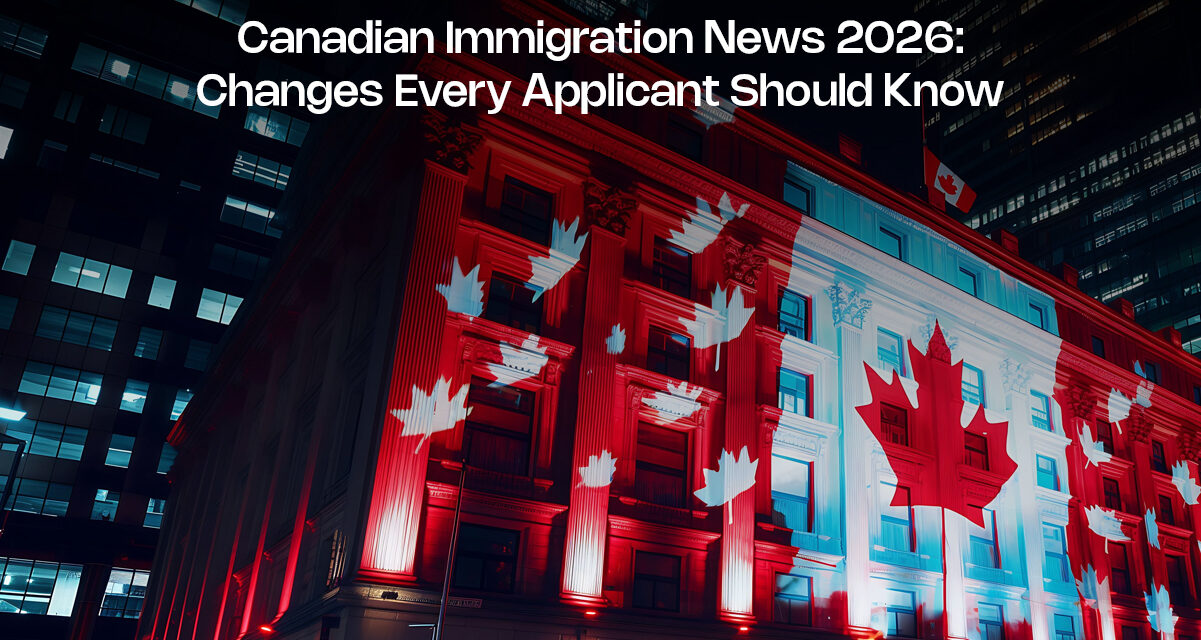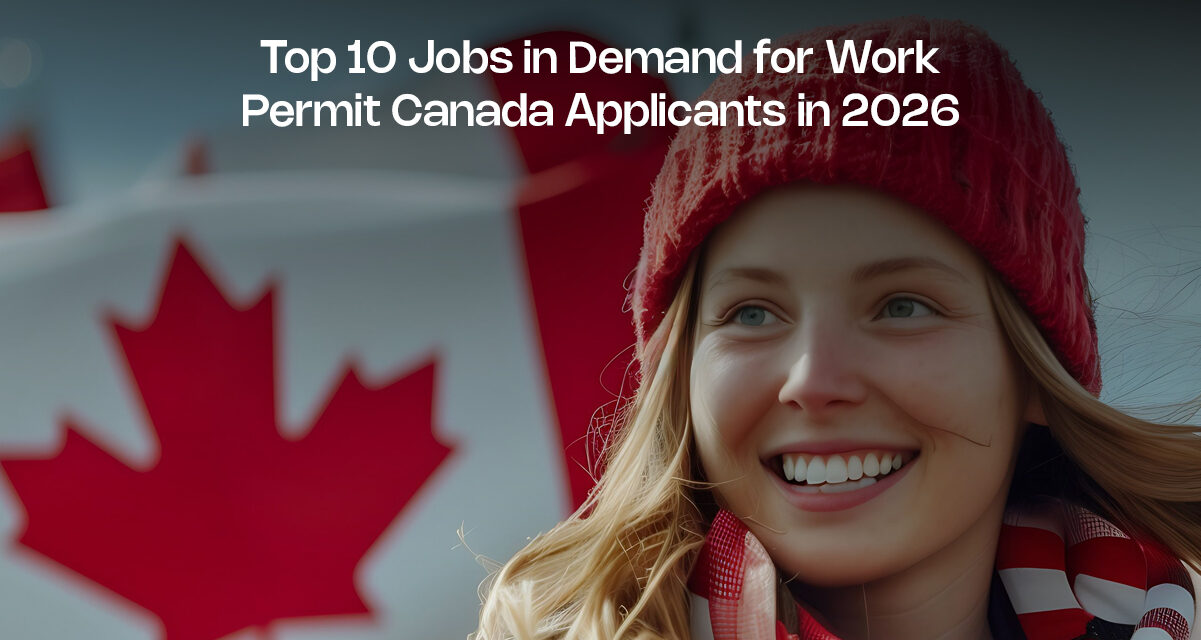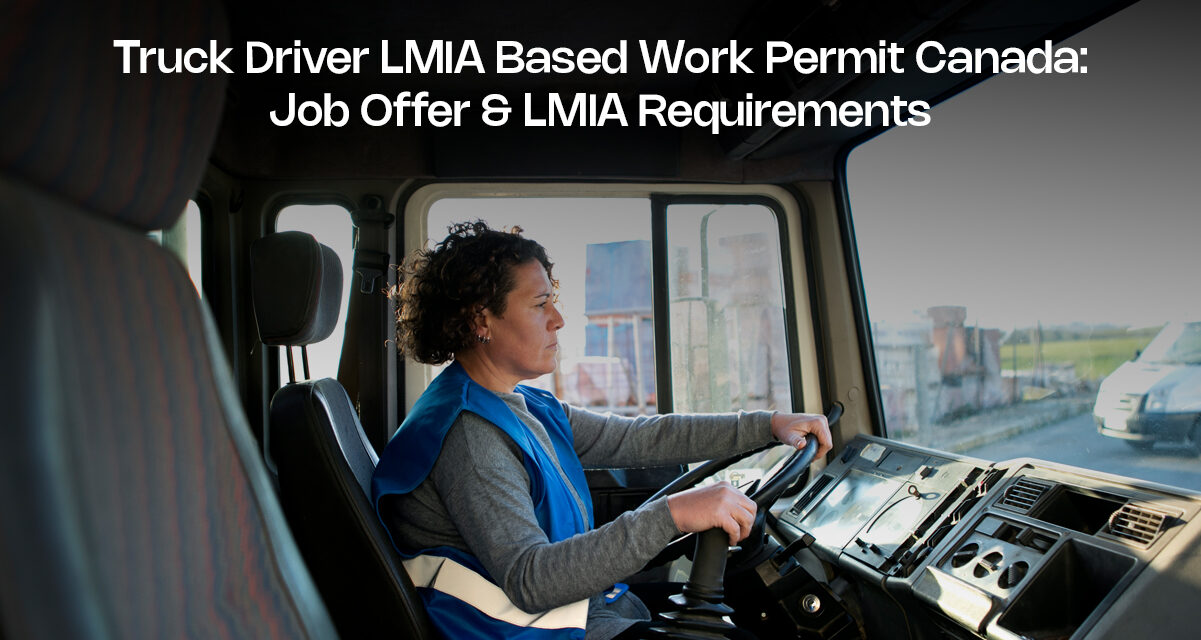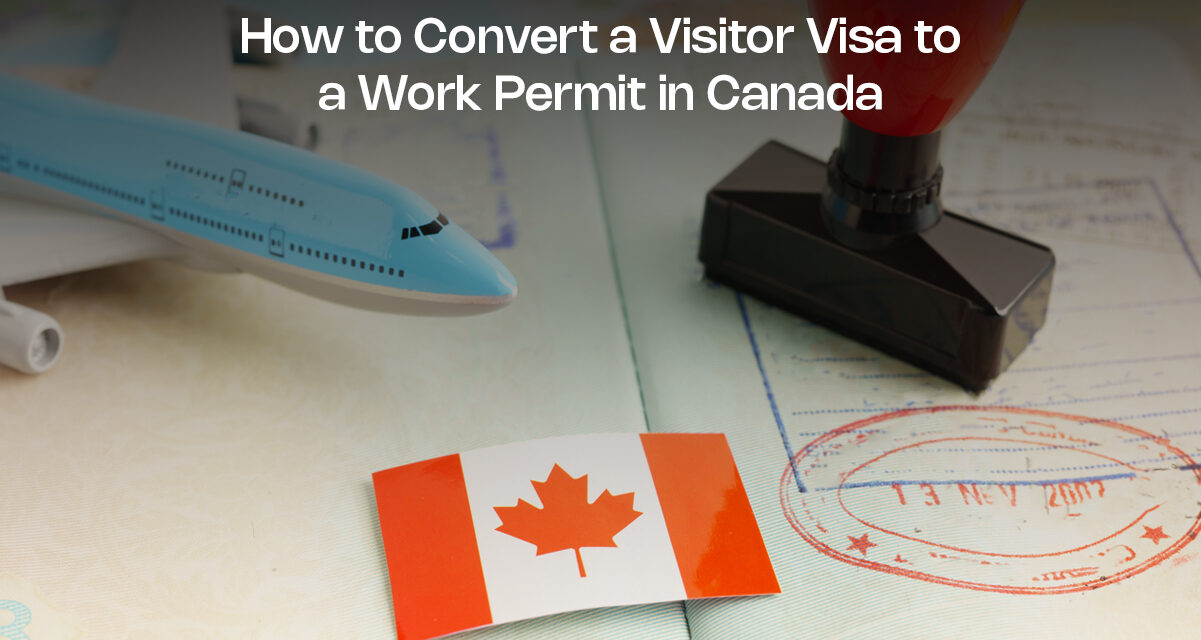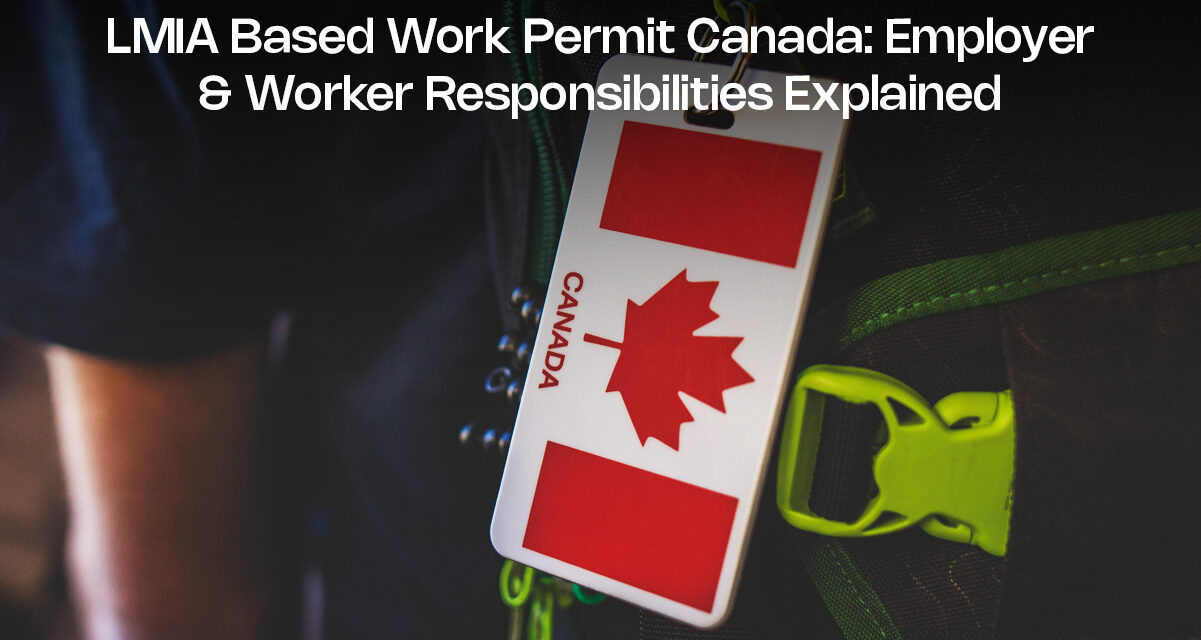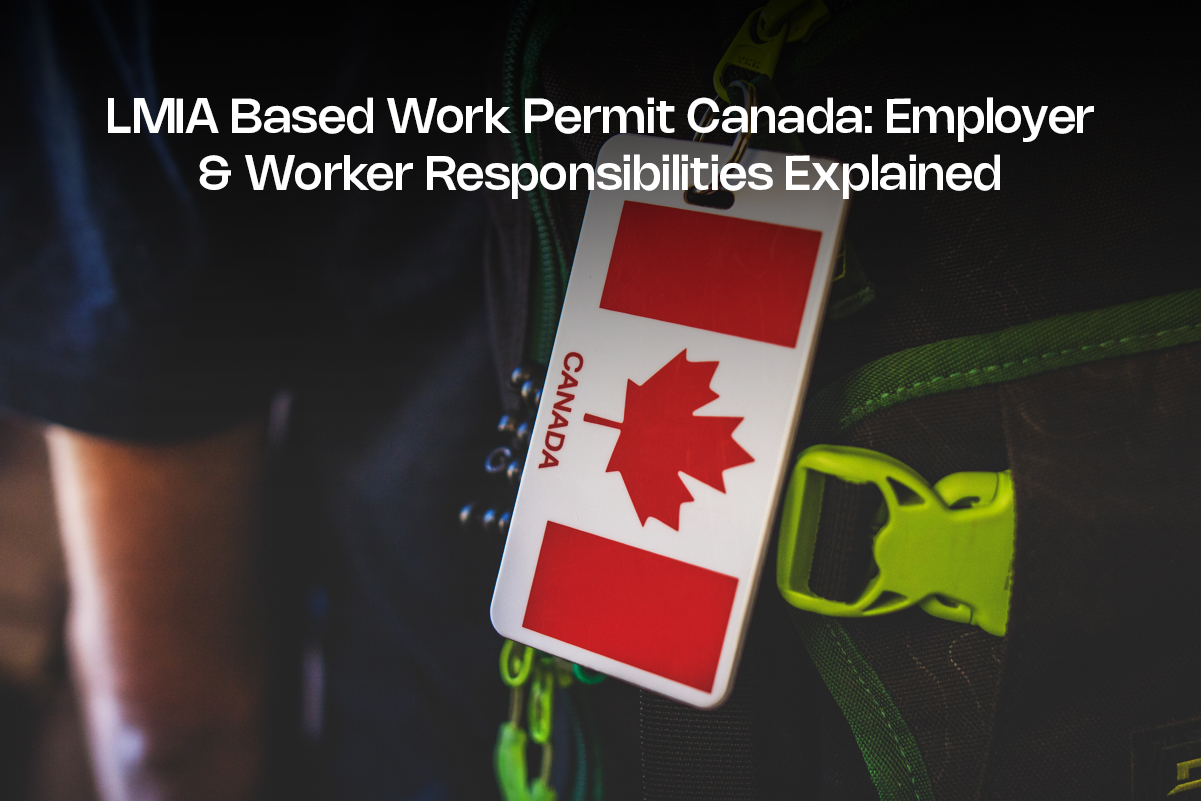How Can Canus Immigration Help With Spouse Open Work Permits Moving to Canada is exciting. But doing it without your partner? That’s tough. Many families face this challenge when one person gets a job or a study permit in Canada. The good news? Your spouse might qualify for a spouse open work permit. This document...
How to Get Hired & Get a Truck Driver LMIA Based Work Permit in Canada Canada’s trucking industry continues to seek qualified drivers. The demand remains steady as the logistics sector grows and experienced drivers retire. This creates opportunities for skilled drivers from around the world. Wanting to drive in Canada and actually getting here...
Is Truck Driving the Fastest Way to Get a Canada Work Permit? LMIA Explained You want to work in Canada fast. You’ve heard truck driving gets you there quicker. But is this actually true? The answer is yes. Truck driving offers one of the fastest paths to a Canadian work permit. Moving faster than most...
Best Immigration Consultant in Mississauga for Students, Families & Workers Your dream of moving to Canada feels close. You’ve researched pathways and read websites. You might have some half-completed forms on your desk already. Many people feel confused from this stage. One website says you qualify. Another says you don’t. You wonder if you’re wasting...
Permanent Residency in Canada: Eligibility, Cost & Processing Time Canada welcomes immigrants from around the world. The country offers many ways to get permanent residency. You can apply as a skilled worker, student, or family member. Knowing the process helps you plan better. Permanent residency gives you many benefits. You get healthcare and education access....
Canadian Immigration News 2026: Changes Every Applicant Should Know Canada’s immigration system entered a new phase on January 1, 2026. The federal government reduced permanent residence targets while tightening control over applications. Officers can now pause or discontinue files under specific conditions. Your application being “in process” no longer guarantees completion. These shifts affect skilled...
Top 10 Jobs in Demand for Work Permit Canada Applicants in 2026 Canada needs workers. Not just any workers though. Specific skills matter now. Your job choice affects everything. Permit approval depends on it. Family options change based on what you do. This guide cuts through confusion. Many people are seeking open work permit or...
Truck Driver LMIA Based Work Permit Canada: Job Offer & LMIA Requirements Canada needs more truck drivers. The country has thousands of open positions right now. This creates great chances for skilled drivers from other countries. You can work legally in Canada through the LMIA work permit program. This program helps foreign workers fill important...
How to Convert a Visitor Visa to a Work Permit in Canada You came to Canada as a visitor. Now you want to stay and work. Recent rule changes affect your options. Understanding these changes saves time and stress. Canada ended a special policy in August 2024. That policy lets visitors apply for work permits...
LMIA Based Work Permit Canada: Employer & Worker Responsibilities Explained Canada welcomes foreign workers through its work permit programs. The LMIA based work permit Canada system helps employers hire skilled workers. This system creates jobs while protecting Canadian workers. Employers and workers both have clear duties. Knowing these duties makes everything easier. Good preparation leads...
